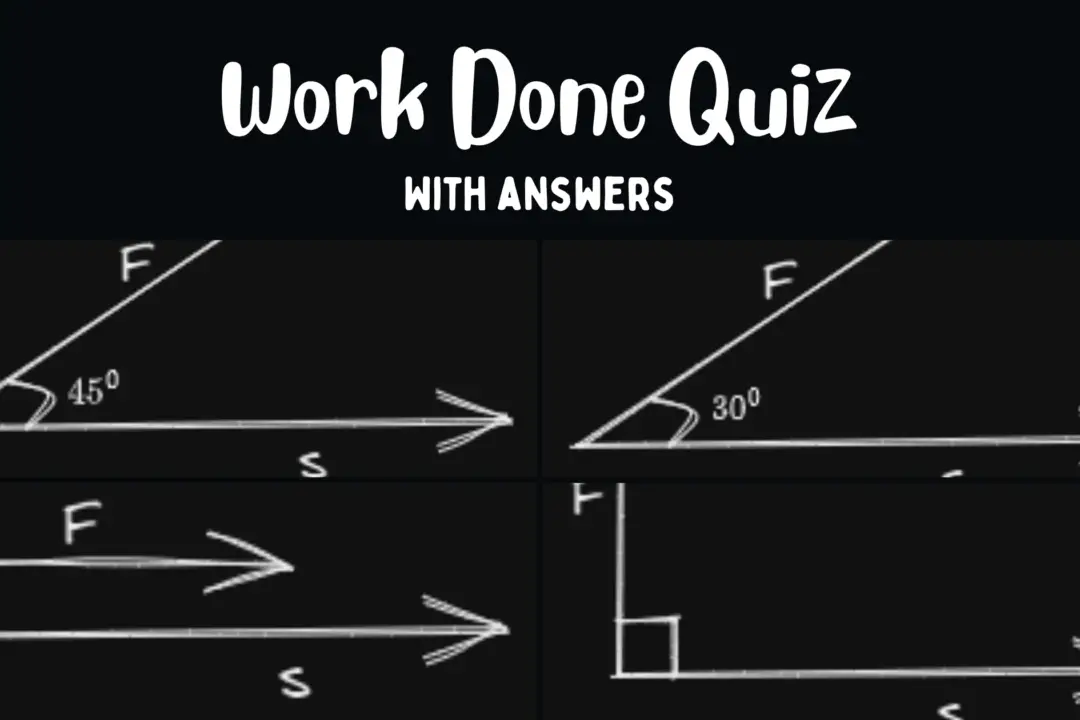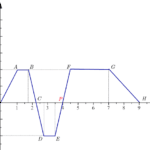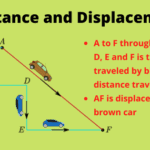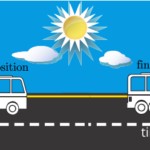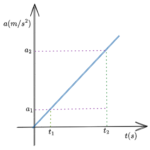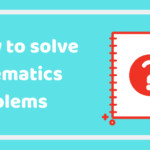In this article learn about is power a vector or scalar quantity and also learn the justification of the answer to this question. We all know that in physics, we mostly deal with scalars and vectors. Scalar and vector are different from each other.
Scalar quantities such as length, area, volume, etc. have only magnitude. A vector has magnitude but also has a direction. As an example, the displacement between two points on a line is a vector, but its direction is determined by the point’s position relative to the origin. Examples of other vector quantities include force, velocity, torque, etc.
Power: Scalar or Vector
Now, our question is whether power is a vector or a scalar. If I had to answer this question immediately, I would say that,
power is a scalar quantity.
The question now is why this is the case. Why is power defined as a scalar quantity?
To answer the above question, let us first know more about physical quantity power.
What is Power?
The rate at which a force performs work is referred to as the power delivered by that force. Also, the rate at which energy is transferred by an object such as a machine is defined as the power delivered by an object.
If a force does work $W$ in time $t$, the average power delivered by force is
$P=\frac{W}{t}$
So, we can say that power is defined as work done per unit of time.
Unit of Power
We know that in the SI system unit work done by a force is measured in joules and time is measured in seconds, the unit of power is Joules/second. Unit Joule/second also has a separate name – watt, abbreviated as W.
kW and MW are commonly used units of power where,
1kW=1000W
1MW=10^6 W
Why is power a scalar quantity?
We have already established that power is energy (or work) per unit time or rate of doing work.
Power $P=\frac{W}{t}$
Again, we know that the work done by a force acting on an object is equal to the product of the force and the displacement of the object in the direction of the force.
so,
$W = \vec{F}\cdot s$
where,
$\vec F$ is the force acting on the object and
$s$ is the amount by which the object is displaced.
Here it is important to note that both force and displacement are vector quantities but work done which is a scalar product or dot product of two vectors is a scalar quantity.
Because power is defined as work done per unit of time, and both works done and time is scalar quantities, power is also a scalar quantity.
Apart from this power can be defined as a product of force and velocity i.e,
$P=\frac{W}{t}=\frac{\vec F \cdot s}{t}=\vec F \cdot \frac{s}{t} =\vec f \cdot \vec v$
Here, $W$ is the work done in an interval of time $t$.
So, from the above relation also we can say that Power can be defined as the dot product of force and velocity, thereby making power a scalar instead of a vector.
When it comes to current electricity
Power $P=V\times I$
Where $V$ and $I$ are voltage and current, respectively. Here, both voltage and current are scalar quantities, and the product of two scalar physical quantiles yields another scalar quantity.
Visit this article on vectors and scalars to learn more about them and see some examples of a vector quantity.

